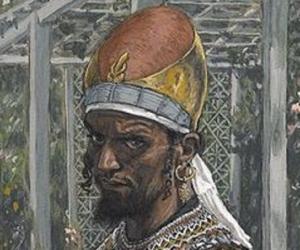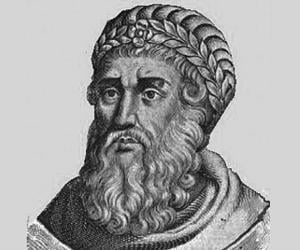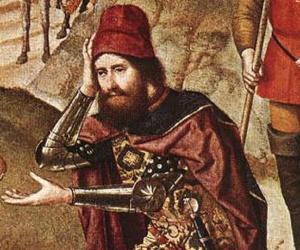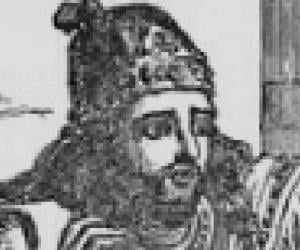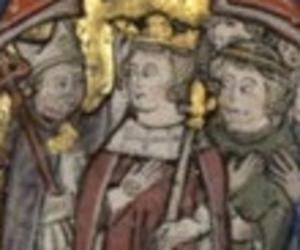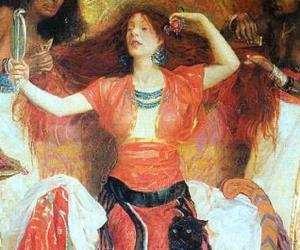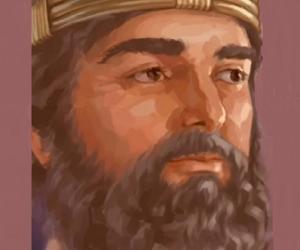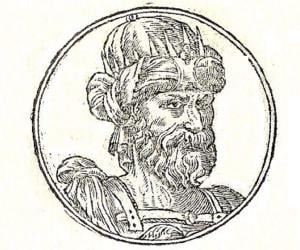Born In: Judea
Herod Antipas
(Ruler)
Herod Antipas was a 1st-century tetrarch ("ruler of a quarter") of Galilee and Perea, known for his role in the events that led to the executions of John the Baptist and Jesus of Nazareth. He was never granted the title of king but is referred to as "Herod the Tetrarch" and "King Herod" in the 'New Testament.' His father, Herod the Great, initially did not consider him as his successor. Antipas had the support of Augustus, the first ruler of the Roman Empire, who ensured his rule over the Roman Empire's client states of Galilee and Perea. This, however, implied that Antipas, though he ruled the states, was directly under the command of the Roman emperor. Antipas brought in several architectural reforms in Sepphoris and Betharamphtha and is remembered for his contribution to the establishment of his capital, Tiberias. The 'New Testament' throws light on Antipas's role in the executions of Jesus of Nazareth and John the Baptist, who opposed his second marriage to his brother Herod II's wife. The marriage also brought him the anger of his former father-in-law, Aretas, which resulted in Antipas's disastrous defeat. He was, however, supported by the second Roman emperor, Tiberius, but his death ultimately ended the support. Antipas's nephew, Agrippa I, accused him of conspiring against the new Roman emperor, Caligula, and he was thus ordered to move into exile in Spain. Antipas died in exile at a date still unknown.
Emperors & Kings #401
1
2
